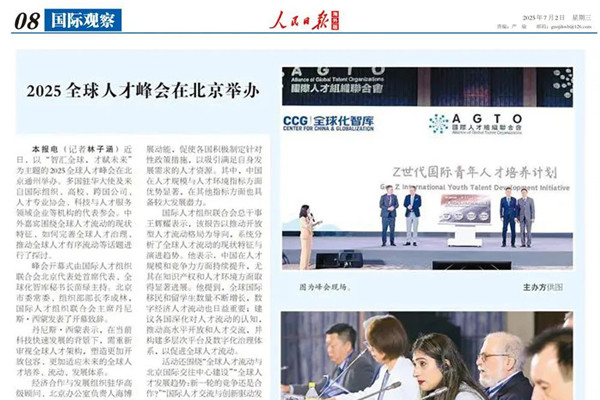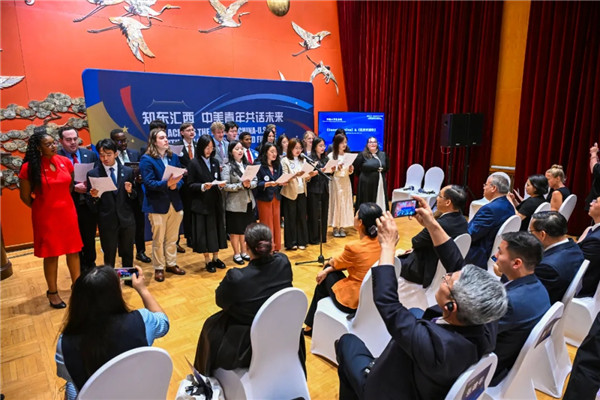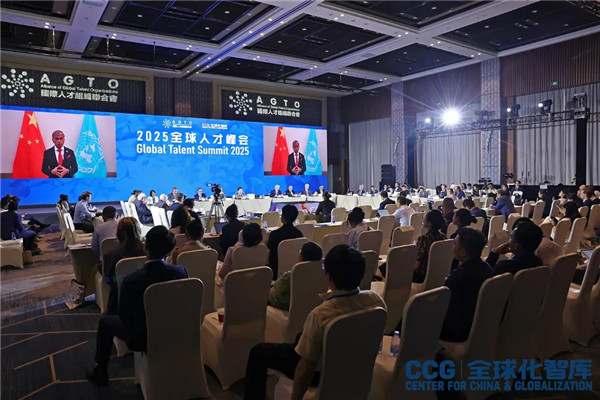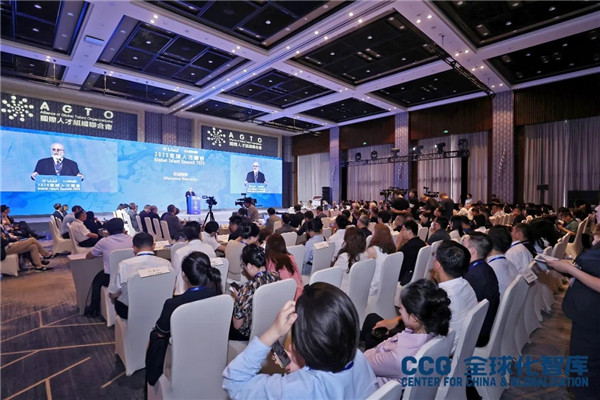【CGTN】Rhodium Group: Stakes between China-US are “very high”
2018年4月24日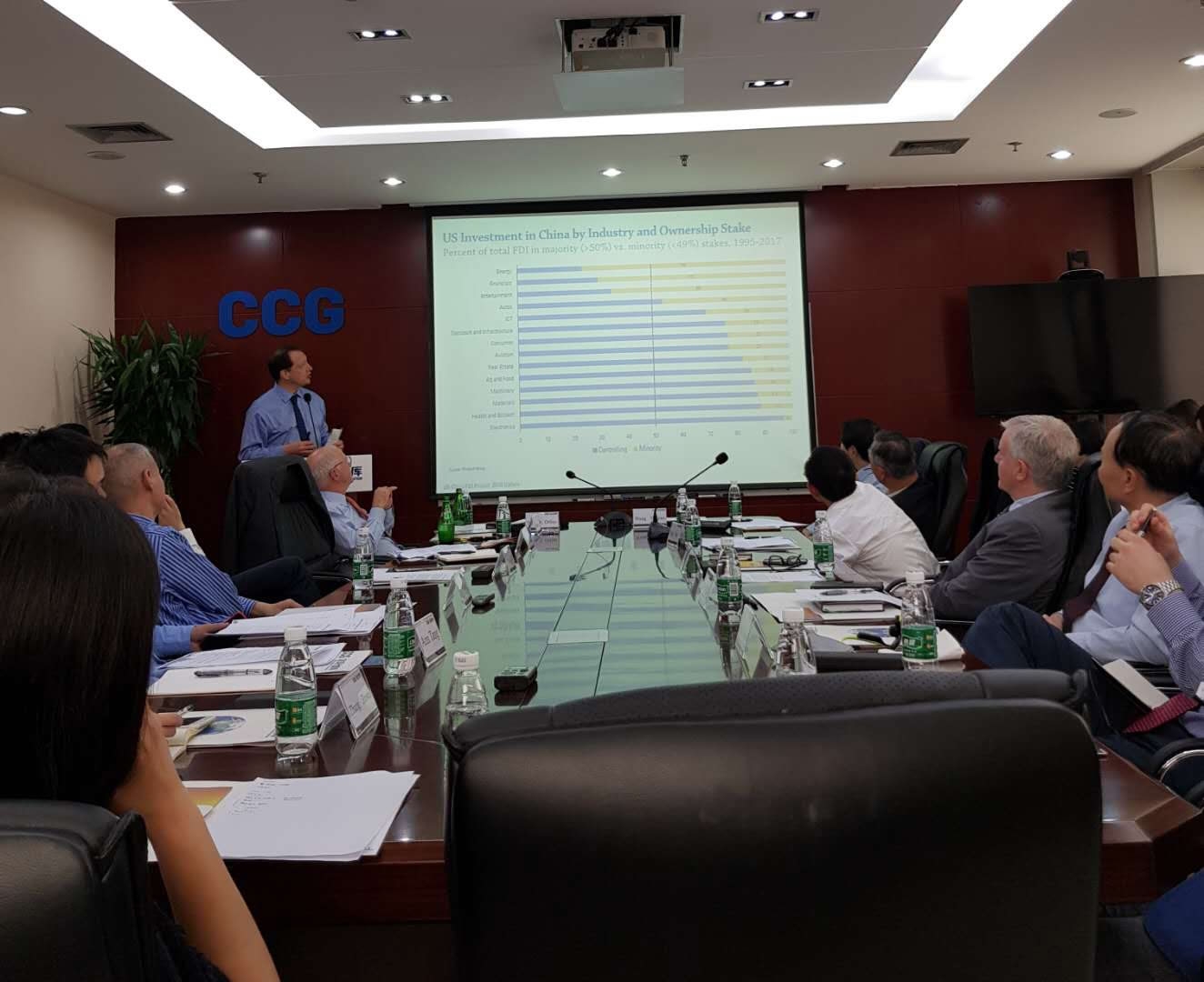
The roundtable discussion of China-US investment trends hosted by Center for China and Globalization. /CGTN Photo
Amid a seemingly never-ending – not yet, at least – trade tensions between China and the United States, came the US tech ban on Chinese company ZTE. American companies are not allowed to sell parts and services to ZTE for seven years (ZTE is estimated to source 30 percent of its parts from the US).
Daniel Rosen, partner at economic research firm Rhodium Group, brought caution to separate trade tensions between the two countries from a specific case like ZTE’s.
“The case for specific law enforcement action such as the US government’s case against ZTE, it’s coincidental to that, but it really has nothing to do with these trade tariffs,” Rosen said.
He added that the situation has been years in the making, and noted that ZTE has also acknowledged it has violated US law.
“I think we need to leave it to courts of law in countries where violations happen to determine what an appropriate settlement is and what’s not," Rosen said. "Probably in the future China will [also] need its courts to make these hard decisions, as the rule of law becomes a bigger part of the Chinese system.”
But for now, Rosen said, “we have to assume that the court has a sense of what it is doing.”
China-US two-way FDI still has legs
In 2017, FDI transactions between China and the US fell 28 percent, year-on-year, to 43.4 billion US dollars.
That’s according to Rhodium Group’s "Two-Way Street: 2018 Update US-China Direct Investment Trends" report, released more than a week ago. The main reason was that Chinese investment in the US slumped to 29 billion US dollars, from 46 billion US dollars in 2016.
Still, 2017 was the second highest year on record.
For Rosen, though, these are "tiny numbers".
“Between the world’s two largest economies, to have this level of direct investment flow really shows that this is a primitive state of affairs. The numbers can be much higher and it’s not a choice between security and economics,” he said.
“We can both increase our security screening on both sides, and increase the amount of deal flow in areas that are not strategically significant in both directions. But none of that can happen if there’s not a clear direction forward of cooperation between the two countries.”
Urgent for China and US to have peaceful talks
Unfortunately, Rosen said, it does not matter right now what Chinese President Xi Jinping says about opening up the country’s automobile sector, or US President Donald Trump’s comments on opening up natural gas exports.
“If the two countries don’t find a way to resolve their differences more peacefully, there’s not going to be growth in investment flows in either direction,” he said.
Rosen, who had over twenty years of experience in analyzing China’s economy, corporate sector, and China-US relations, was also Senior Adviser for International Economic Policy at the White House (from 2000-2001).
He said stakes between the two countries are “very high”.
“And there has never been more of a risk of the commerce that we have between us already deteriorating and going on the opposite direction. So I think we have a very serious situation right now that couldn’t be more important for both sides to invest in finding solutions to that.”
As the "Two-Way Street" highlighted, what is at stake in the event of a trade war is not just future growth, but also the almost 400 billion US dollars worth in cumulative two-way FDI that China and the US have accrued over the years.
From CGTN,2018-4-19
